She “can’t live” without energy drinks.
Sophomore Sadie Gill has been addicted to energy drinks since freshman year.
“I probably drink about eight energy drinks a week,” Gill said. “Honestly it’s one a day and then three on the days I have cross country practice.”
As a student-athlete, Gill relies on energy drinks to help her stay productive throughout the day after morning practices. Her practices start at 5:30 a.m., making her school days often last 11 hours.
“My day just feels really dull and dismal without energy drinks,” Gill said. “I need them to make my days vibrant and exciting.”
According to Gill, this feeling is shared throughout the rest of the cross country team. Before their practices and meets, the extra boost of caffeine serves as a pick-me-up for many runners.
“My teammates [and I] have to drink energy drinks because it gets really difficult, especially if you’re taking hard classes that require a heavy homework load at night,” Gill said.
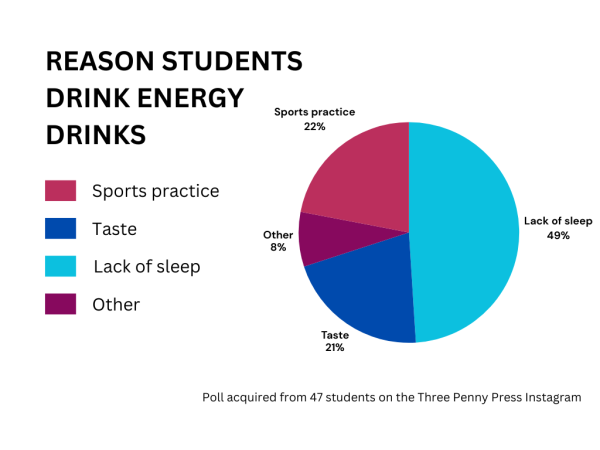
Students aren’t the only ones who face this epidemic. Trent Landry, Computer Science I and AP Computer Science Principles teacher, drinks “at least two energy drinks every day.”
“I think they’re great,” Landry said. “I love energy drinks and they love me.”
Landry sponsors three clubs and teaches two courses, all while managing his personal life. He’s been drinking energy drinks every day for the last 10 years and found that they have greatly improved his work quality.
“Monster Energy Drinks came out around 2009-2010, and ever since then, I’ve been drinking them,” Landry says. “Cramming for finals in college is when it all started.”
The popularity of energy drinks isn’t inspired by the aesthetic or taste, this is backed up from data obtained through an instagram poll. It’s driven by the stress that students carry now more than ever. With the rise of AP classes, intense extracurriculars and college admissions, students grapple with maintaining their energy to stay motivated.
“Students are drinking energy drinks more because they are more stressed out,” dance director Paris Kent said. “There’s more things to worry about [and] more on their plates. I remember when I was a student, I didn’t have all of those worries.”
Although Kent understands students are under heavier pressures, she doesn’t think energy drinks are the solution. Kent said that energy drinks are not only harmful short term, but will also lead to long-term health issues.
“There [have] been studies done where a lot of young people have died prematurely because they are overdrinking energy drinks or drinking them constantly every day, multiple times,” Kent says.
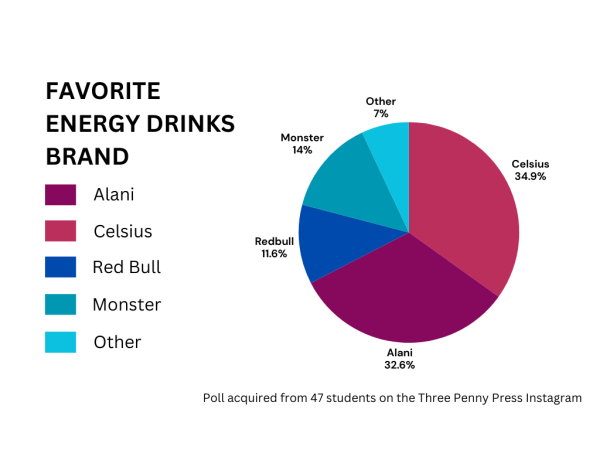
Nurse Chantini Thomas has also seen a drastic increase in energy drinks and is worried for the well being of students. Not only has Thomas seen tragic incidents on the news, she’s seen the effect of energy drinks first-hand when a student came to her after drinking three Red Bulls.
“[They] came to the clinic when we were in the other building, and said ‘I can’t breathe,’” Thomas said. “The student then had to be taken to urgent care because their heart rate was that irregular.”
Thomas doesn’t consider energy drinks dangerous, as long as they are used in moderation. She preaches the importance of being responsible and educated to avoid situations like this happening in the future.
“The cause for some student’s [lack of sleep] is gaming, for many others it’s workload,” Thomas said. “However, teenagers need a certain amount of sleep, and caffeine will never replicate that. Nutrition, education, a balanced diet and managing the amount of caffeine intake is really what students should be doing.”


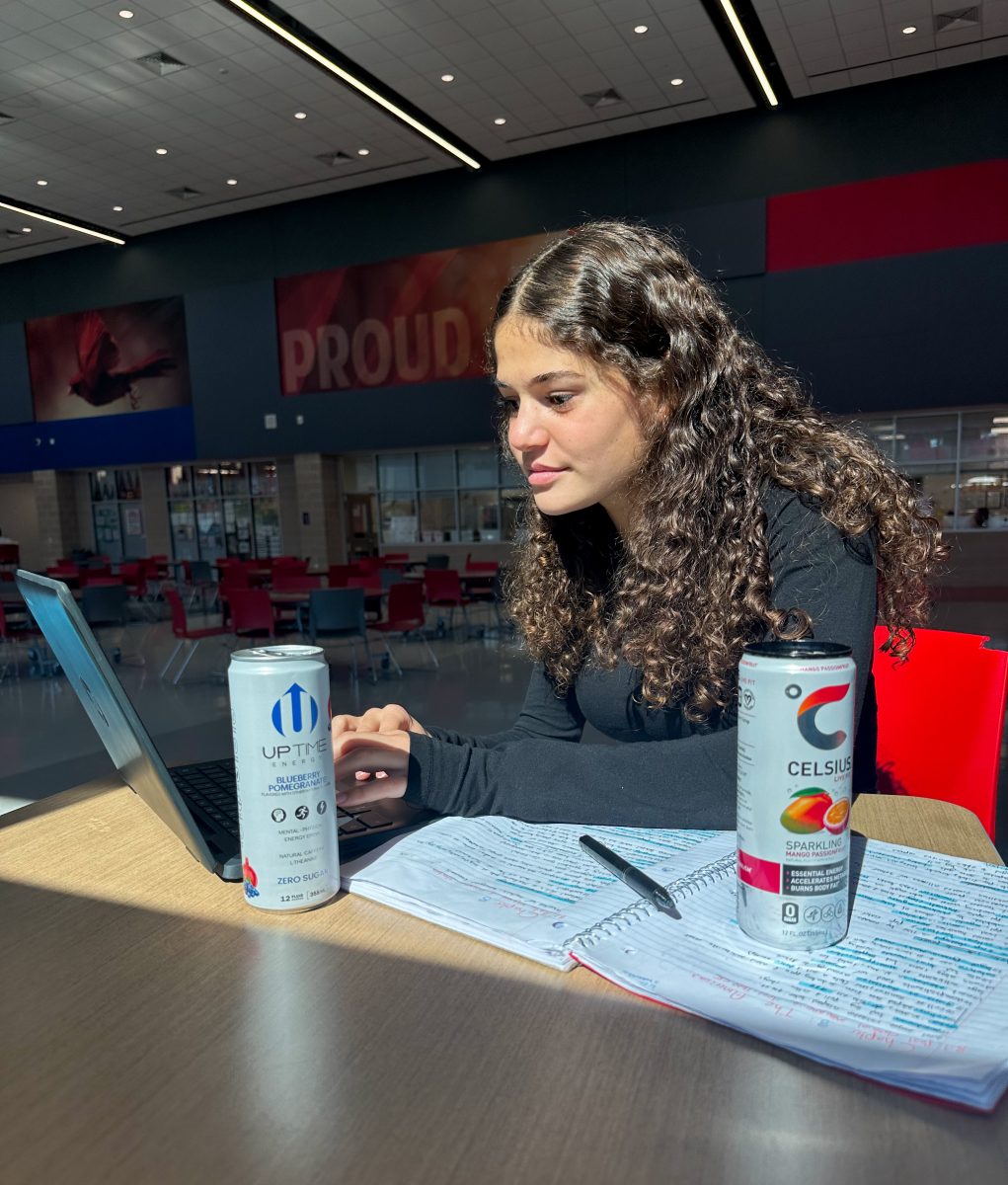



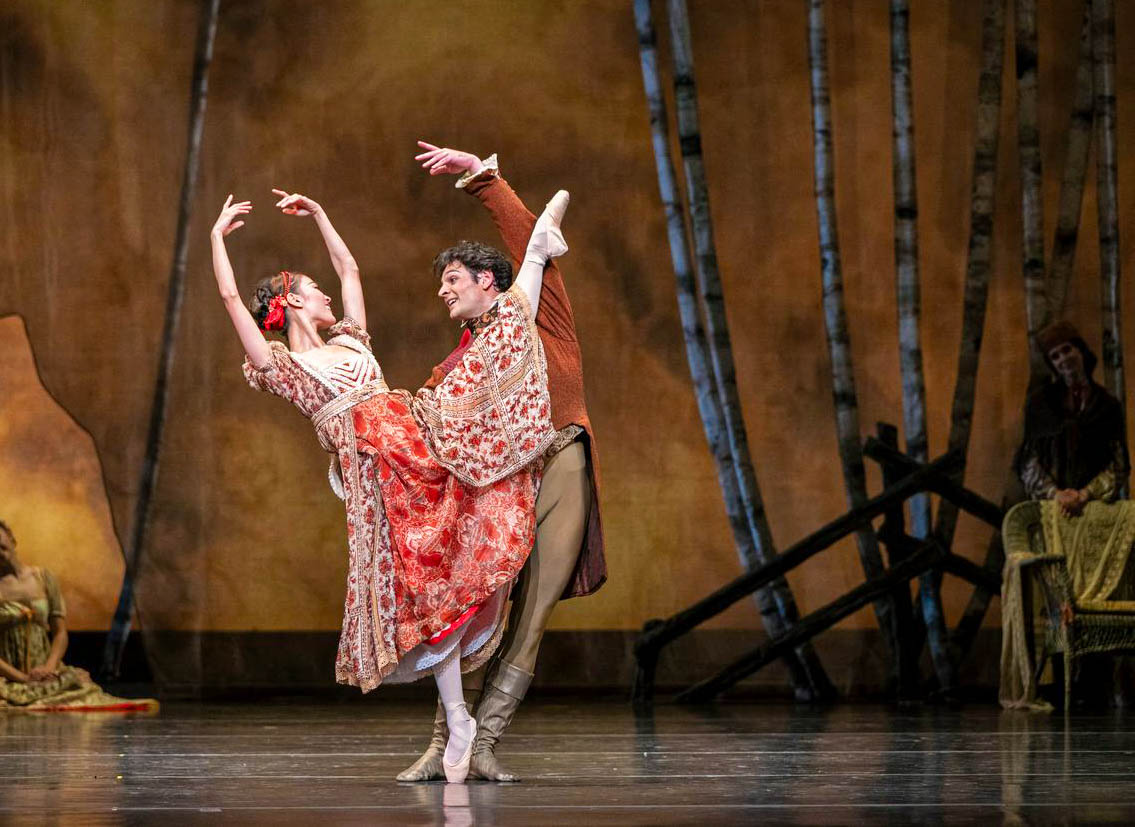


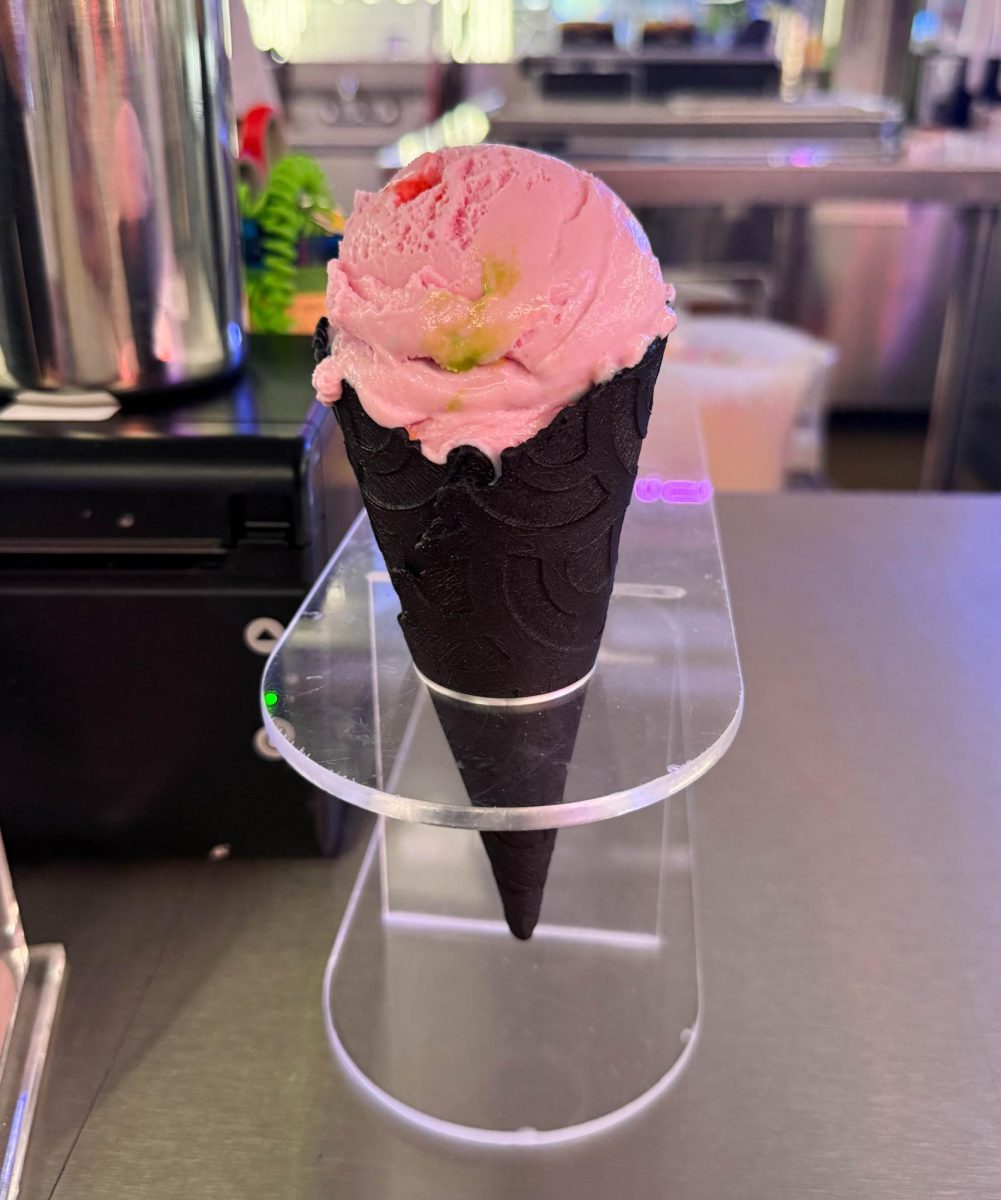
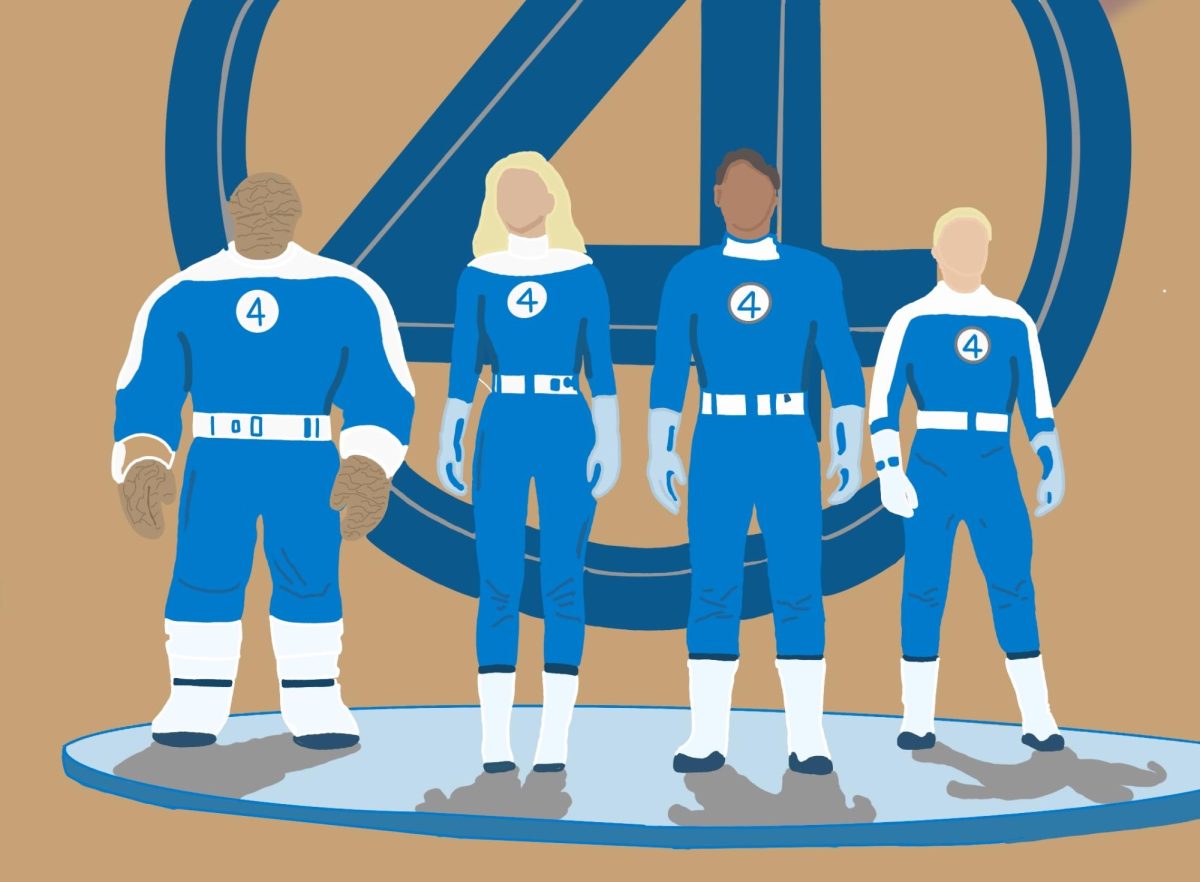
Joy Xia • Nov 21, 2024 at 2:32 pm
Great coverage for a super interesting and relevant topic. It’s shocking to realize how many students rely on caffeine.